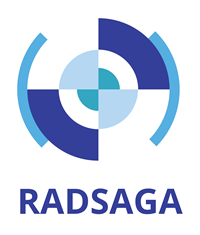COFUND-CERN-2014
|
COFUND-CERN-2014 This project offers COFUND Fellowships in the form of three-year CERN Fellow appointments, out of which at least two years will be spent at CERN. Mobility of COFUND fellows will be enhanced through the opportunity to spend up to one third of the fellowship in external institutions. Working on frontier research and technology projects and profiting from the unique facilities available at CERN, the Fellows will deepen their knowledge in their own field, acquire international visibility and reputation and ultimately enhance their career prospects. |
Coordinator: CERN, Switzerland Full costs of the project: 6.3 M€ EU funding: 6.3 M€ EU funding for CERN: 6.3 M€ 1 October 2015 - 30 September 2020 |
